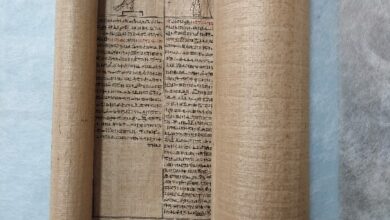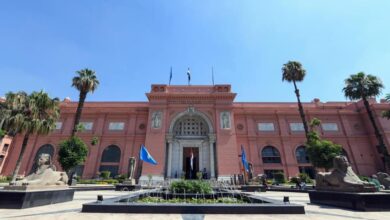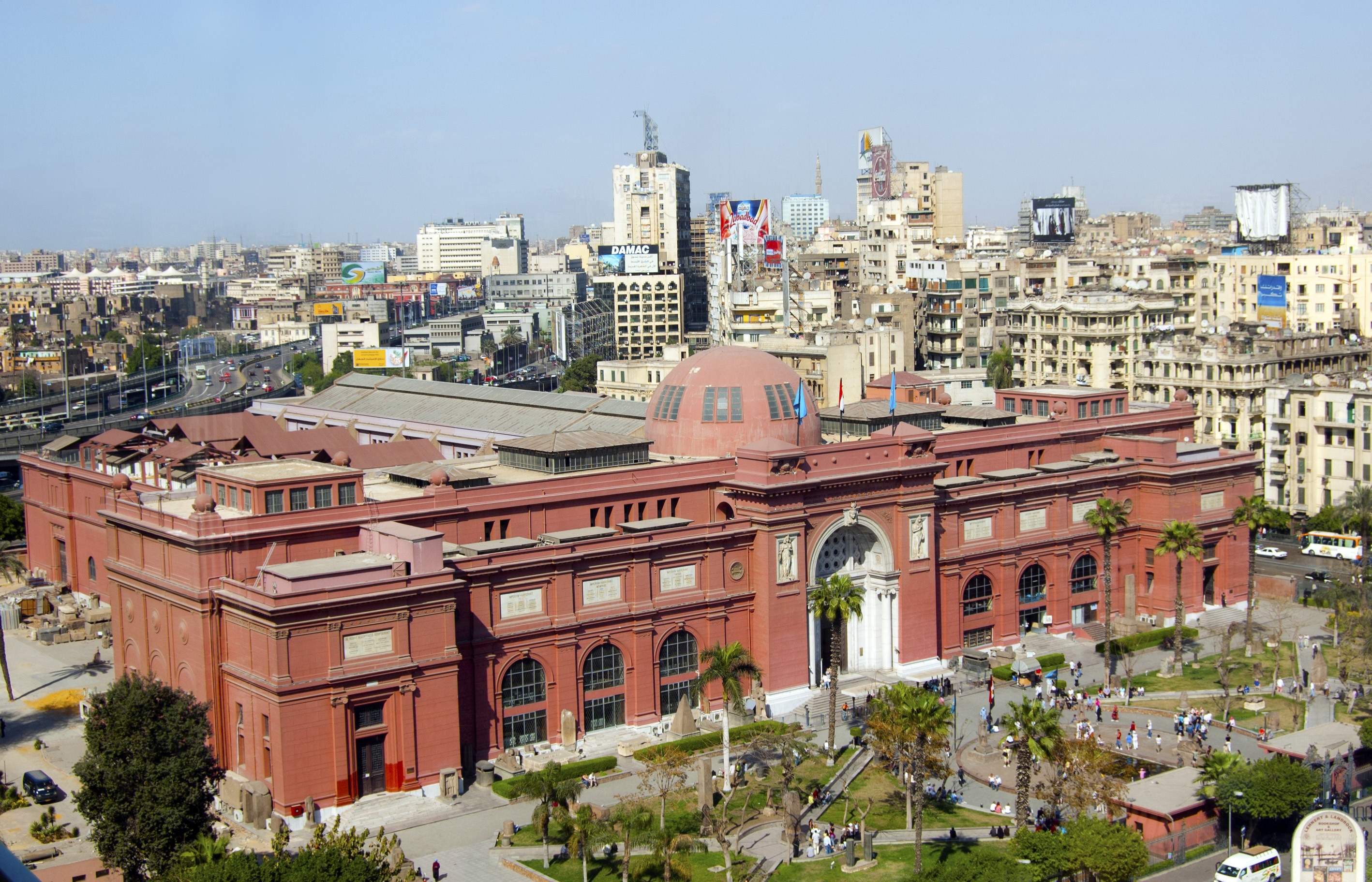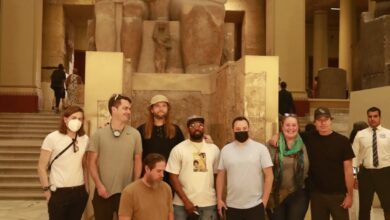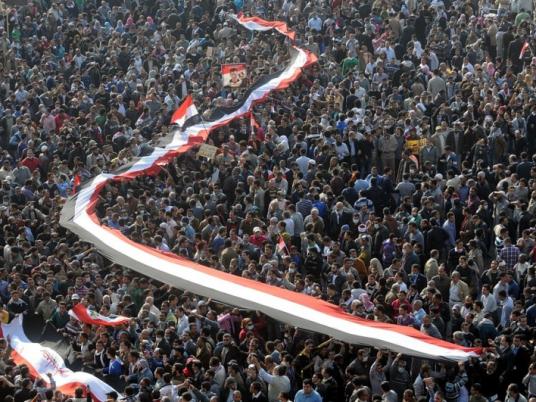
Besides reaching a new level of understanding of tear gas remedies and how to avoid arrest, Tahrir demonstrators have come to master incorporating everyday life into their protests ― how to acquire breakfast, where to gather to get good mobile phone coverage, and where to grab a post-battle drink or shisha to release a little tension.
“We know there’s no network in the square,” says Amira E., a photographer and activist who speaks to Egypt Independent while heading to the Omar Makram mosque. “You send a [text] message or a BBM (Blackberry message) and wait for it to get delivered ― then you know the person you sent it to has left.”
On 28 January, Tahrir Square shut down ― KFC’s rumored “lunches for the revolution” were impossible given the volatility of the square. The violence and looting that came along with the protests kept businesses closed and business owners in hiding.
But things are different now. Koshary Tahrir, one of the square's top munching spots, has kept its doors open for protesters, and qahwas ― local coffee shops ― and bars only blocks away from the square, and the nearby street battlefields, have kept their doors open to serve as refuges for mid-battle breathers. Vendors in the square buy products from nearby restaurants like Koshary Tahrir and bring them to the square to sell, charging slightly more for their efforts.
“When someone reminds us to eat, there’s always plenty of options to choose from,” says Heba F., a 27-year-old accountant who spent the night of 24 November in Tahrir. “I’m against people stopping by Tahrir to eat and hang out, but I’m glad the square is more prepared this time.”
Vendors come to the square with an array of goods for its inhabitants ― from cream cheese triangles in the morning to cotton candy for children in the mid-afternoon. “In January we scrambled to sell anything in the square ― stickers, T-shirts, flags ― but this time we’re focusing more on what we know the square needs,” explains Abdel Moneim, a juice vendor whose cart is located on the curve of the square between Qasr al-Aini and Mohamed Mahmoud streets.
For many, it's surreal to step out of the battlefield, dodging motorcycle ambulances and clearing tear gas-burned eyes, to see enormous pink bags of cotton candy drift by, resting on the shoulders of oddly calm street vendors.
“Bars near the square have also remained open this time,” says Samer, a college student and self-proclaimed revolutionary. “Many go to Zamalek to let off steam but I’d rather stay close in case the Central Security Forces attack again.”
In the morning, while Zamalek-based Tahrir supporters drop off medical supplies and food at Zamalek’s Coffee Bean and Tea Leaf, Tahrir protesters sip Turkish coffee from street vendors and prepare for Interior Ministry morning attacks ― the preferred time of day for battles this November.
“A few brave souls remain at the front lines,” explains Hesham, a member of a group that has been in the square since the morning of Saturday, 19 November, “but I am not against people who come to the square to bring supplies or visit demonstrators, then leave ― they lift our spirits and serve as a good release of tension.”
Some leave the square to have discussions with politicians and writers in small cafes buried in the surrounding streets. “Alaa al-Aswany holds discussions at a coffee house two blocks that way,” says Alaa, a tent-dweller in the middle of Tahrir who sports a bandage on his right calf. “I can’t be at the front lines any more, so I release my fury in debate at the cafes.”
After six hours without tear gas, the white cloud lifts and 10-year-old boys spray yeast and vinegar mixtures at each other in the garden in front of the Mugamma administrative building. A small queue starts around the sweet potato seller near the Omar Makram mosque.
“People may think there’s more of a carnivalesque feeling at Tahrir this time,” says Mona, while cleaning up trash in an effort to take her mind off an arrested friend. “But that just means we’re more deeply entrenched and they won’t get rid of us easily.”

